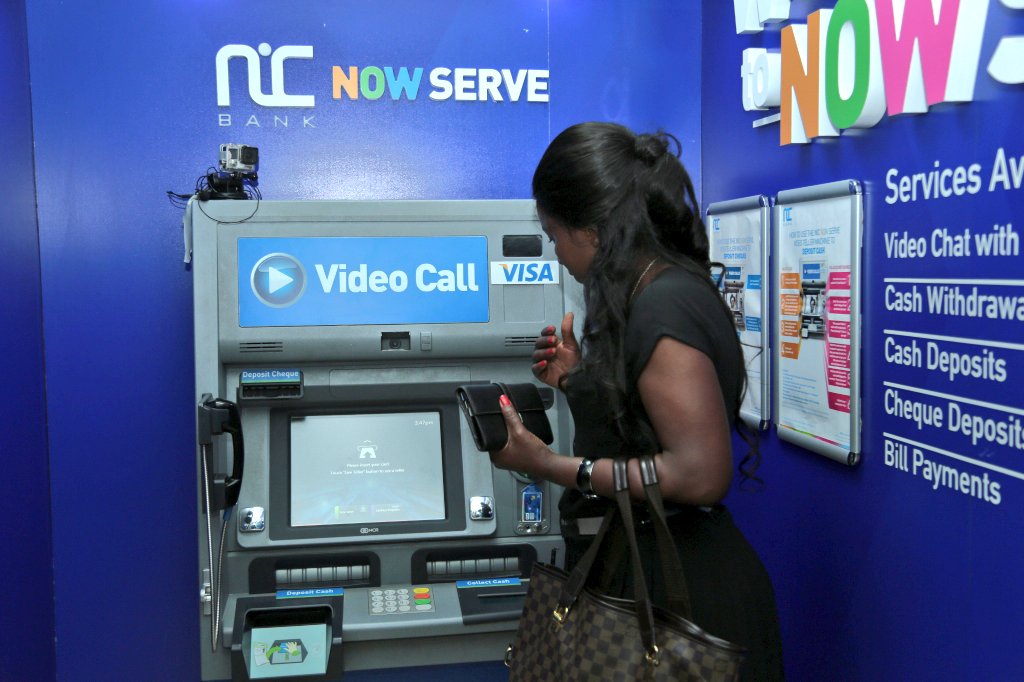Why Most Budgets Fail
A lot of people get frustrated with budgeting because it never seems to work. Either they fail to reach their earning targets or spend too much. Emergencies check in and break the budget, or sometimes budgeting just seems like too much work with very little benefit. It is easier to just spend money as you get it and hope things will be ok. I’ll be the first to admit that I struggle with sticking to my budget. All. The. Time! Many things make it hard for me to do so; from the noble like my farm, to the fickle like my growing obsession with Bata flats.
Today I’d like to discuss a few reasons why our budgets fail, and hopefully on the next post, I will share a simple guideline to help you budget better.
The leading reason why most budgets fail and why most people prefer to operate without a budget is that most view it as restrictive to their freedom to live life. They view budgeting as a tool that cuts all luxuries and sucks life out of people. After all, what use is the money we earn if we will not spend it as we please? This is a psychological barrier and fortunately it can be fixed by a mindset change. I would compare this to healthy living and exercise. The conventional view is that exercise is necessary torture, and healthy living restricts us from eating what we really want to eat. However, people who have been able to consistently live healthy and fit are the people who view healthy living as a channel to freedom to live a happy life as opposed to restriction. Similarly, a budget is a tool that allows you to spend money freely, without worrying that you are compromising your future goals.
“A budget is telling your money where to go instead of wondering where it went.” ~ John C. Maxwell
A budget gives you control.
Budgets also fail because preparing them is often an academic exercise that has no reflection on the reality of our lives. Most people approach budget preparation with a view of where they want to be, and not where they currently are. Aspirations are great, but a budget should be based on the real you, not the imaginary person you some day hope to be.
A good budget is reflective of your values and lifestyle. Do not copy someone else’s budget, and in line with the point above, it should be about values you currently espouse and your goals, and not what everyone around you believes you should aspire to. If your goal is to own a home in 10 years, then your budget should be a reflection of that. If not, then it does not matter that every one else in your circle wants to own a home. Do you.
If you make the budgeting process a laborious and super detailed process, you will be bogged down by the details and chances are it will fail. Simple works. Track your expenses, group them to 5-8 categories and make these your budget lines. Have one savings account where you direct your savings, instead of three for three different kinds of savings. Instead of budgeting for every cup of tea, have a general fund which caters for miscellaneous expenditure. With time and as you get better at the habit, you can include as much detail as you wish to have.
Finally, a budget is not fixed. If you retain the same budget for several years, it will stop working because life circumstances keep changing. Budgeting is a continuous process, and as we grow our income and as our expenses change, our budgets should show this change.





1 Comment